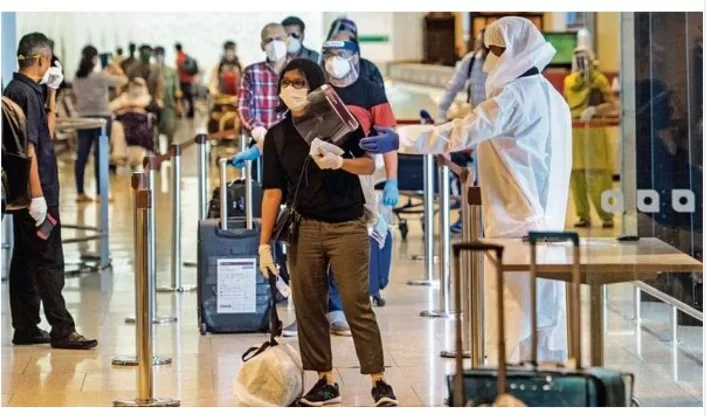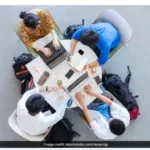In response to the rapid spread of respiratory infections, including Covid-19, several Southeast Asian governments are re-implementing strategies to curb the transmission. Singapore has urged people to wear masks at airports, with temperature scanners being reintroduced.
The aim is to slow down the spread of various germs, including Covid variants, flu, pneumonia, and other respiratory pathogens, which could strain the healthcare system.
The Ministry of Health in Singapore attributes the increase in cases to factors such as waning population immunity, increased travel, and community interactions during the year-end travel season. Notably, a sublineage of BA.2.86, known as JN.1, currently accounts for over 60% of Covid-19 cases in Singapore.
In Indonesia, the health ministry advises citizens to postpone travel to areas with rising Covid-19 cases, complete their vaccination, wear masks, and practice hygiene. Meanwhile, Malaysia has seen a doubling of Covid cases in a week, though authorities claim the situation is under control.
To address the situation, thermal scanners have been reinstalled at some Indonesian border checkpoints, causing concern among the public about the potential return of drastic measures. Despite reassurances from officials, there is heightened sensitivity due to past experiences during the prolonged pandemic in Asia.
Singapore’s Deputy Prime Minister Lawrence Wong debunked misinformation about the government considering a circuit breaker, emphasizing the need for accurate information dissemination.
As the situation evolves, countries in the region are taking precautions to mitigate the impact of respiratory infections and protect public health.




